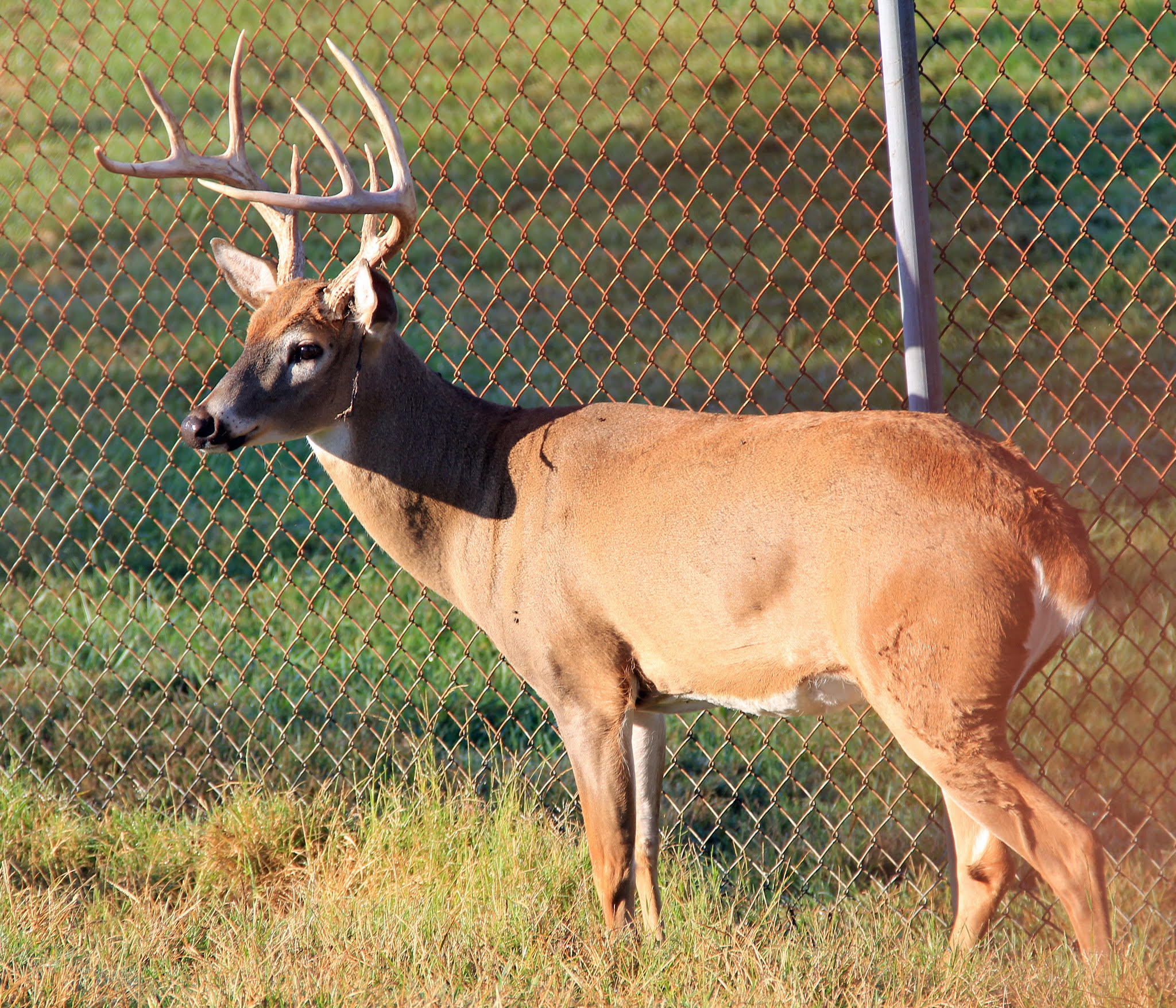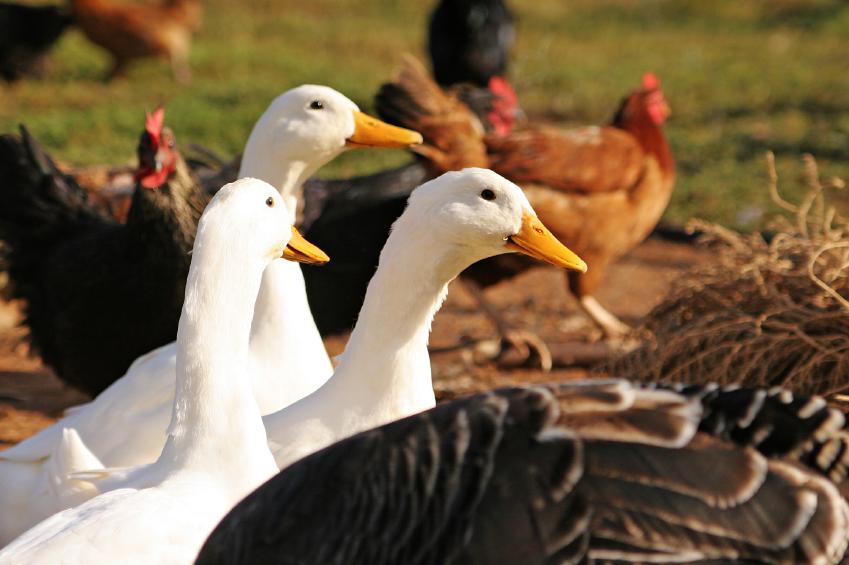
A 3-year-old buck on a Richland County, Wisconsin, deer farm has tested positive for chronic wasting disease (CWD), the Wisconsin Department of Agriculture, Trade and Consumer Protection (DATCP) announced yesterday.
The positive result was confirmed by the National Veterinary Services Laboratories in Ames, Iowa. The farm is now quarantined while the DATCP and US Department of Agriculture conduct an epidemiologic investigation. Richland County is located in the southwestern part of the state, which is endemic for CWD in free-ranging deer, per the Wisconsin Department of Resources.
The DATCP regulates deer farms for registration, recordkeeping, disease testing, movement, and permit requirements. This detection is not the first on a deer farm in Richland County, DATCP data show. Previous detections occurred in 2014 (eight CWD-positive deer) and 2018 (one).
Spreads from deer to deer and via the environment
CWD is a fatal, neurodegenerative disease of cervids such as deer, elk, and moose caused by misfolded infectious proteins called prions, which spread from deer to deer and through environmental contamination. CWD falls under the umbrella of transmissible spongiform encephalopathies, which also include prion diseases such as bovine spongiform encephalopathy ("mad cow" disease) in cattle, scrapie in sheep, and Creutzfeldt-Jakob disease in people.











